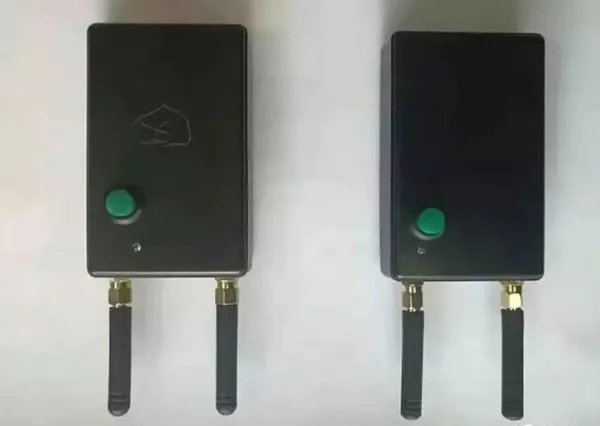Mobile jammers are used in fixed sensitive areas

GSM is the abbreviation of Global System for Mobile Communications, which includes the entire global network through which mobile phones communicate. As the name suggests, GSM jammers can block the waves transmitted and received by mobile phones, thereby interfering with the frequency of the phone operator to prevent communication. There are many types of wave jammers: from basic mobile cell phone jammer that can cut off communications within a radius of 5 meters to more professional jammers that cover up to 50 meters. If your alarm system works through a GSM network, please be careful, it may be affected by interference waves like a mobile phone. Once the cell phone jammer is intentionally used in the direction of the alarm, it will no longer be able to sound the alarm.
This mobile jammer is legally used in French cinemas to ensure the calm and smooth negotiations of the audience (movies, plays, concerts...). This helps prevent unnecessary ringtones from disturbing nearby people or performers. They are also used in prison institutions and allow strict supervision of prisoners’ conversations. Finally, when necessary, the police can use cell phone jammers to fix sensitive areas or intervene.
Sending alerts through the GSM network is sensitive to GSM interference and can make them partially invalid. Indeed, in the event of interference, if you are the victim of an intrusion, you will no longer receive phone calls or SMS alerts. However, this risk should be considered. On the one hand, the sirens will continue to detect intrusions and trigger the sirens, which has a real deterrent effect and can alert nearby areas. On the other hand, it turns out that most burglaries are "opportunistic" actions carried out by poorly equipped people.
The first preventive measure to prevent GSM interference is to hide the alarm center and dialer to prevent them from being seen during discovery. If there is no information about the existence of the alarm device and no clue about its transmission capabilities, it will be difficult for anti-theft personnel to develop interference strategies. The second preventive measure is to choose an alarm system that provides a dual warning protocol: GSM/PSTN or GSM/IP. Therefore, if the GSM protocol is confused, your system will automatically switch to the landline (PSTN) or remind you via the Internet (IP).


